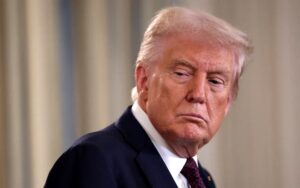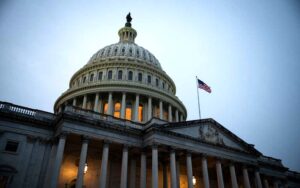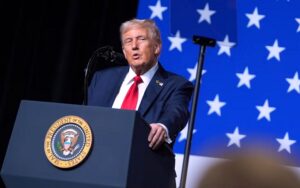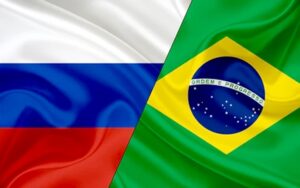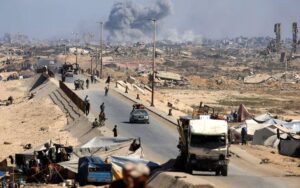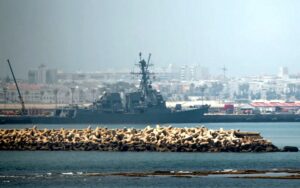The US soldier who escaped to North Korea in back to US custody after North Korea expelled him

The United States announced on Wednesday that it doesn’t see a diplomatic violation with Pyongyang despite the release of the US soldier who was escaped to North Korea.
US State Department spokesman Matthew Miller told reporters, “I don’t see this as an indication of a breakthrough… think it’s an isolated case”.
The US official also announced on Wednesday that Travis King is in US custody after his expulsion from North Korea.
Miller told reporters, refusing to reveal his name, “I can immediately confirm that Private Travis King is in the custody of the United States”.
North Korea’s Central News Agency reported earlier that Pyongyang was preparing to expel the soldier who entered its territory illegally in July from South Korea.
North Korea decided to expel the US soldier Travis King, who has been detained since he crossed the border with South Korea last July, according to what the North Korean news agency reported on Wednesday.
King crossed the border on July 18 after joining a tour of the demilitarized zone between the two Koreas.
Last month, Pyongyang confirmed that it was holding the US soldier and said that King had fled to the North to escape “mistreatment and racial discrimination in the US military”.
However, after completing the investigation, “the competent authority in the Democratic People’s Republic of Korea decided to expel US Army soldier Travis King, who illegally entered the territory of the Democratic People’s Republic of Korea”.
The North Korean News agency didn’t give details about the location or date of King’s release.
King was imprisoned for two months in South Korea after he drunkenly beat up a Korean citizen in a nightclub.
He also quarreled once with the police, and he was released on July 10 and transferred to Seoul Airport, where he was scheduled to leave for the US state of Texas.
But instead of heading to Fort Bliss to undergo disciplinary procedures, he left Incheon Airport in Seoul, joined a group of tourists visiting the demilitarized zone between the two Koreas, and then crossed the border.
King’s crossing of the border came at a time when relations between North and South reached the worst level of tension in decades, in light of the faltering diplomacy and Kim Jong Un’s call to enhance the production of missiles and weapons, including tactical nuclear weapons.
In return, Seoul and Washington strengthened defense cooperation and organized joint military exercises in which advanced stealth aircraft and US strategic equipment were used.
The two Koreas are still technically at war, with the 1950-53 conflict ending in an armistice rather than a treaty, and much of their border is heavily fortified.
But the joint security area from which King fled is separated by a low concrete barrier that is relatively easy to cross, despite the deployment of soldiers on both sides.
Pyongyang has a long record of arresting Americans and using them as bartering cards in bilateral negotiations.
Among the last Americans arrested by North Korea was student Otto Warmbier, who was detained for a year and a half before being released while in a coma and extradited to the United States, latter he died six days after his return.
About six US soldiers fled to North Korea in cases of defection that rarely occurred after the Korean War and were used for propaganda by that country.
In one such case, US soldier Charles Robert Jenkins crossed into North Korea in 1965 while drunk after drinking 10 beers while patrolling the demilitarized zone in an effort to avoid joining the fight in Vietnam.
Although he soon regretted his defection, Jenkins was detained for decades and taught English to North Korean soldiers.
He also appeared in publications and promotional films.
He was eventually allowed to leave in 2004 and later spoke about the miserable conditions of life in North Korea until his death in 2017.
The White House announced on Wednesday that it thanked Sweden and China for facilitating the transfer of the US soldier expelled by North Korea.
US National Security Advisor Jake Sullivan said in a statement, “We thank the Swedish government for its diplomatic role… and the Chinese government for the assistance it provided by facilitating the transfer of Private King”.
At the same time, a senior US official explained that the soldier left Chinese airspace and was on his way to the US military base.

